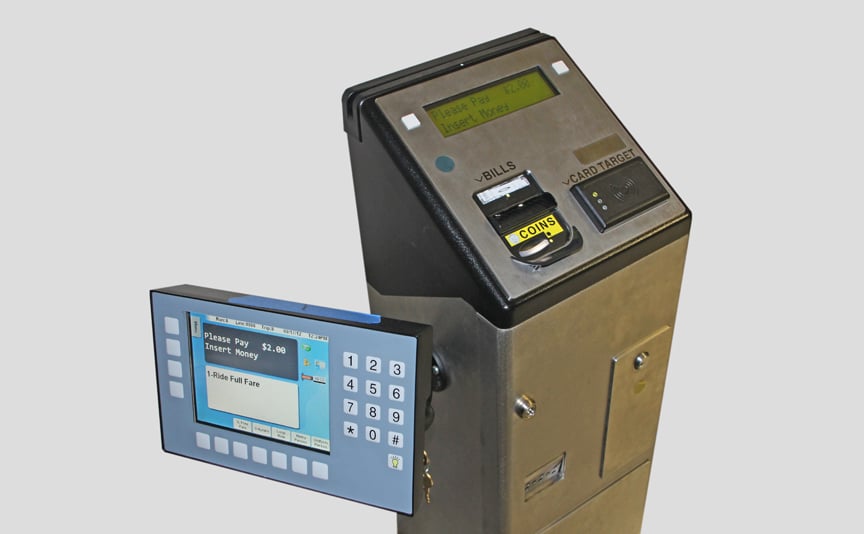https://www.bostonherald.com/2023/0...t-935m-automated-fare-payment-system-in-2024/
The MBTA does not expect to fully implement its nearly $1 billion automated fare collection system in 2024, as previously planned, effectively pushing back a project that was already three years behind schedule.
This project, when completed, will replace the 2006 CharlieCard system with a modernized contactless payment approach, allowing riders to tap or board at any door with a fare card, smartphone or credit card, with an additional aim of cutting down on fare evasion.
To that end, electronic fare gates were introduced at North Station in October, and will eventually be installed at South and Back Bay stations.

























































